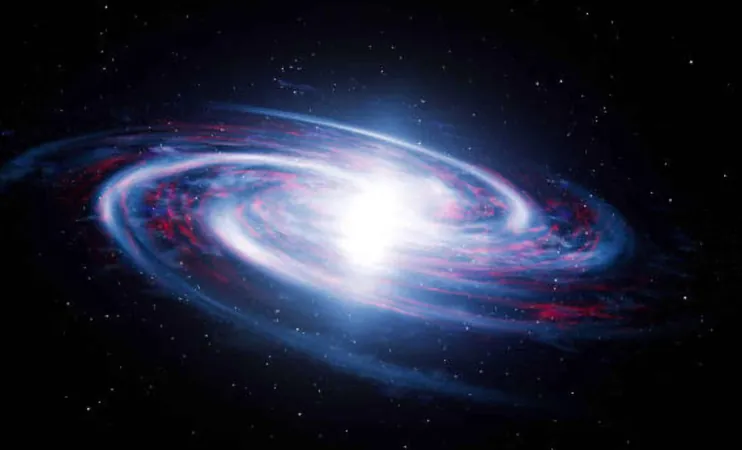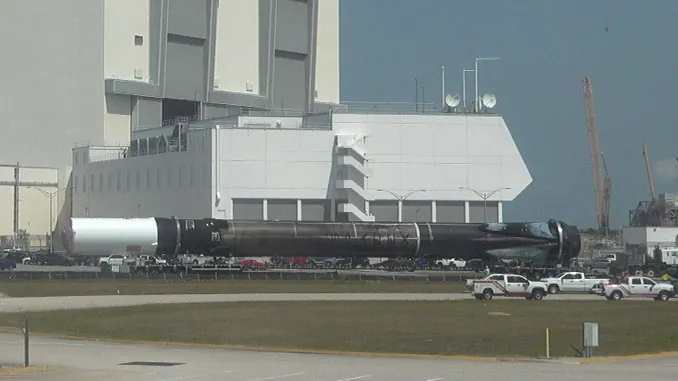
Could a 500-Billion-Year Cosmic Spin Hold the Key to Unlocking the Universe’s Greatest Mystery?
2025-04-18
Author: Ming
A groundbreaking theory is turning heads in the astronomy community! New research suggests a subtle twist in the universe's fabric could be the key to solving one of cosmology's most enduring puzzles.
A Revolution in Cosmic Understanding!
Led by István Szapudi from the University of Hawai‘i, the study published in the Monthly Notices of the Royal Astronomical Society proposes that our universe may be spinning—albeit exceedingly slowly. Imagine a cosmic rotation that takes a staggering 500 billion years to complete just one turn!
Solving the Hubble Tension Mystery!
This imperceptible spin might finally provide answers to the long-standing Hubble tension: the puzzling discrepancy between how fast the universe appears to be expanding today versus earlier measurements. Current observations of distant supernovae seem to indicate a quicker expansion than what cosmic microwave background (CMB) data suggests. Could this cosmic twist be the missing link?
Mathematical Magic!
In their groundbreaking approach, Szapudi’s team developed a new mathematical model incorporating a slight rotational element. This slow spin could harmonize the two conflicting expansion rates, aligning predictions with observations without breaching any known laws of physics.
Nature’s Subtle Dance!
Szapudi expressed his astonishment, stating, "Much to our surprise, we found that our model with rotation resolves the paradox without contradicting current astronomical measurements. Even better, it complements other models that incorporate rotation." This new perspective presents a more nuanced dynamism: the universe might not just expand outward, but could be gently spiraling through space.
No Laws Broken, Just New Insights!
Importantly, this revolutionary model doesn't contradict Einstein's general relativity. Instead, it invites us to reconsider our understanding of cosmic expansion. As Szapudi affirms, channeling the ancient wisdom of Heraclitus, "perhaps everything really does turn."
What’s Next for Astronomy?
The research team is now set to create detailed computer simulations aimed at uncovering subtle observable effects of this cosmic rotation. Expect thrilling insights into cosmic background distortions, gravitational wave patterns, and potential irregularities in galactic structures. Could this cosmic spin be the ultimate answer to the universe's grand mysteries?



 Brasil (PT)
Brasil (PT)
 Canada (EN)
Canada (EN)
 Chile (ES)
Chile (ES)
 Česko (CS)
Česko (CS)
 대한민국 (KO)
대한민국 (KO)
 España (ES)
España (ES)
 France (FR)
France (FR)
 Hong Kong (EN)
Hong Kong (EN)
 Italia (IT)
Italia (IT)
 日本 (JA)
日本 (JA)
 Magyarország (HU)
Magyarország (HU)
 Norge (NO)
Norge (NO)
 Polska (PL)
Polska (PL)
 Schweiz (DE)
Schweiz (DE)
 Singapore (EN)
Singapore (EN)
 Sverige (SV)
Sverige (SV)
 Suomi (FI)
Suomi (FI)
 Türkiye (TR)
Türkiye (TR)
 الإمارات العربية المتحدة (AR)
الإمارات العربية المتحدة (AR)